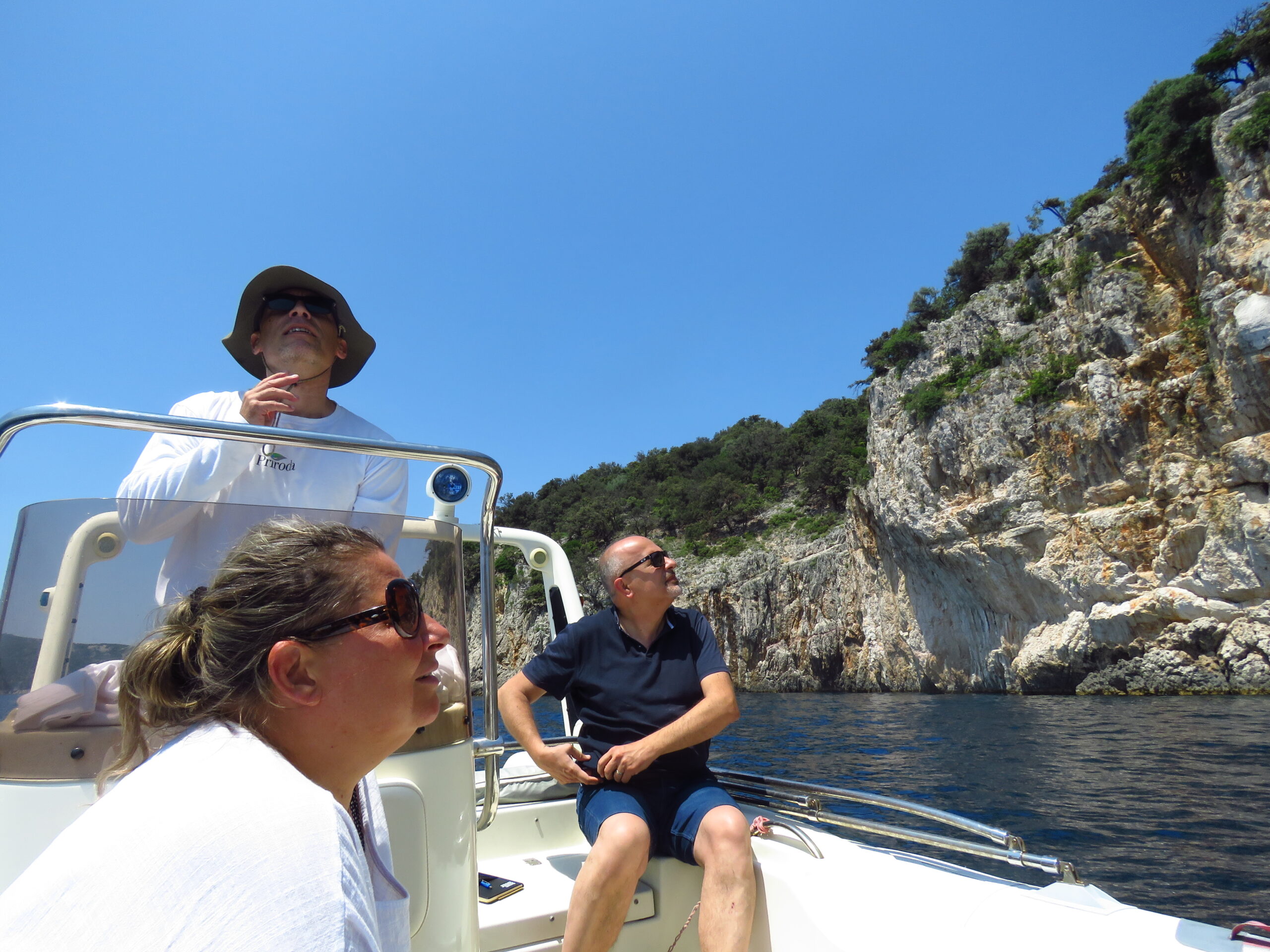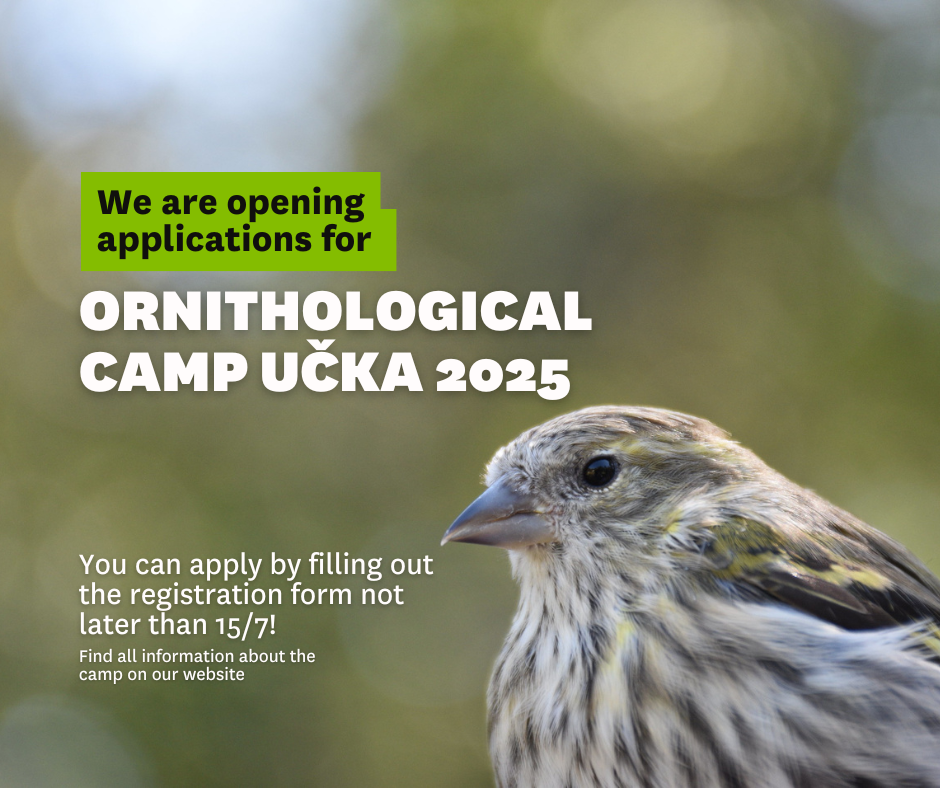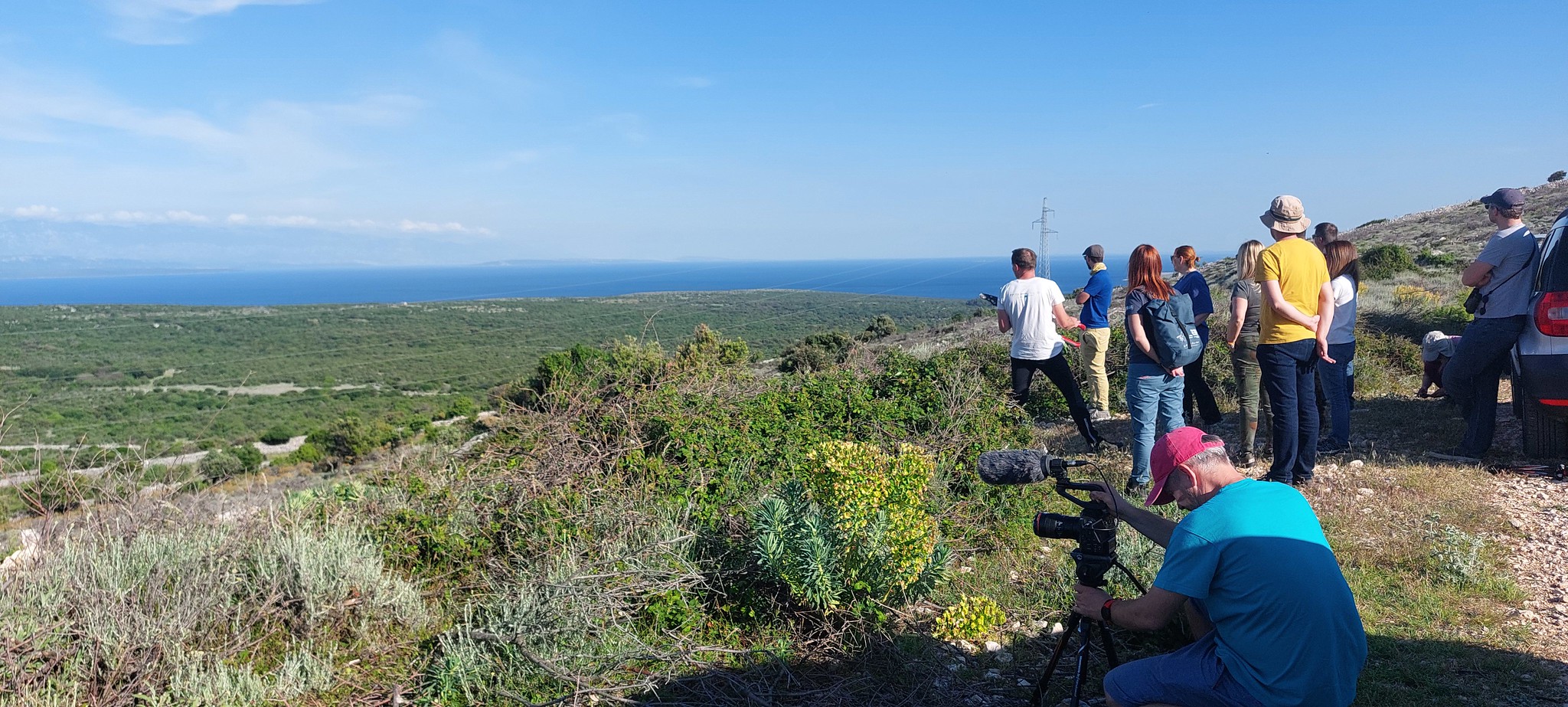Last weekend, 31st November and 1st December 2013, employees of the Association BIOM participated in a workshop about implementation of winter census of waterbirds in Serbia. This programme on national level is part of the International Waterbird Census which has started in 1967 and today over 100 countries are participating. Data collected by national coordinators are incorporated in database of Wetlands International, organisation which aim is protection and conservation of wetlands on the global level.
Workshop held in a little town Sremski Karlovci near Novi Sad has been organised by Društvo za zaštitu i proučavanje ptica Srbije and EuroNATUR fundation from Germany devoted to protection of the most important habitats on the European continent.
Main workshop topics were implementation of IWC, examples of good practice from Slovenia, collecting, organizing and analysing of data from IWC on the global level and, of course, past achievements and plans for future in Serbia. First two topics were presented by EuroNATUR representative Borut Štumberger, presentation of global IWC database was held by representative of Wetlands International Szabolcs Nagy, and IWC coordinator for Serbia Marko Šćiban had a presentation about current situation and future plans for IWC implementation in Serbia.
On the second day of workshop we have visited Special nature reserve Slano Kopovo near the town Novi Bečej in Banat region. During the day we had an opportunity to observe flocks of almost 8000 geese and more than 500 cranes feeding on pastures in the nature reserve and in surroundings. Nevertheless, the real spectacle occurred in early evening when the flocks of cranes and geese began arriving to Slano Kopovo to spend night there. In just hour and a half, between 3:30 and 5 p.m. we have counted more than 17 000 cranes and 8900 geese arriving on pastures and lake to spend night in the nature reserve where hunting is strictly prohibited.
Our conclusion for this workshop was that we have a lot of work to do on implementation of IWC in Croatia to reach the level on which Serbia currently is. Experience and ideas collected in Serbia will surely help us to reach our goal. We also concluded that the biggest problem in Croatia is the lack of educated volunteers which would devoted themselves to contribute in actions like this, when is necessary to cover all medium and big wetlands all around the country. We hope that in a few years we will gather and train enough big number of nature lovers from all over Croatia which would be able to set aside one day a year for counting waterbirds and doing so contribute to their protection in our country and also all over the world.







